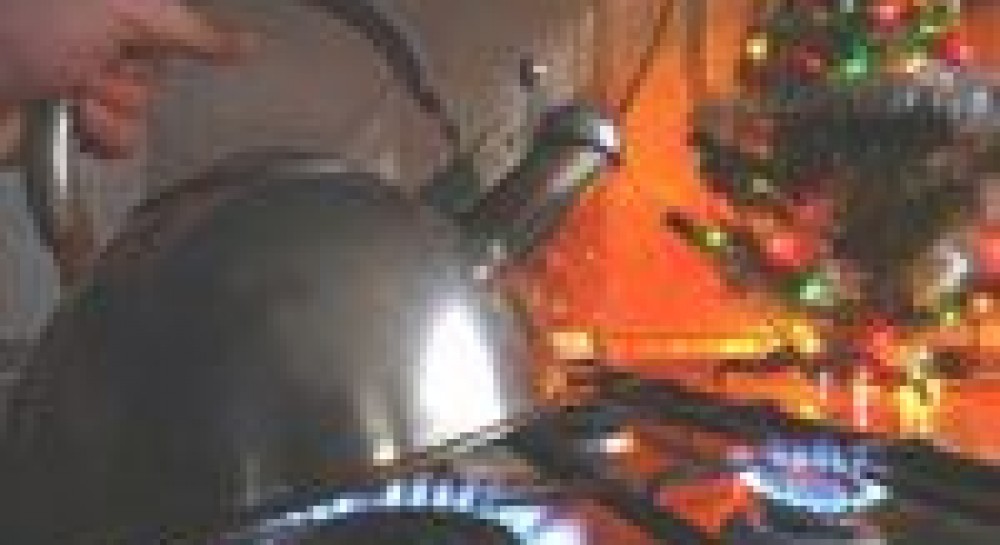
Vladimir Putin's weapon could easily backfire into a very cold war
It is hard to see Vladimir Putin’s gas war paying off. Yesterday, in ordering Gazprom to turn off the tap to the European pipelines running through Ukraine, he made it into a challenge to the EU...
It is hard to see Vladimir Putin’s gas war paying off. Yesterday, in ordering Gazprom to turn off the tap to the European pipelines running through Ukraine, he made it into a challenge to the EU, not just to the perpetually collapsing Government in Kiev. The Russian Prime Minister makes no secret of his determination to use the state gas monopoly as a weapon. Any pretence that this is a commercial row between a gas supplier and a customer is ridiculous.
Putin’s aim, presumably, as well as punishing Ukraine’s Government for its hopes of joining Nato, is to warn those on Europe’s eastern border of the advantages of staying close to Russia, and the dangers of turning westwards. That is, in case they’ve forgotten the message delivered by Russia’s invasion of Georgia. It’s hard to predict how Ukraine will react. In presenting it with a hugely expensive deal for buying its own gas, Putin was punishing the Government of President Yushchenko for its ambitions of joining Nato and the EU. The increase that Russia demanded – double last year’s rate – would have exactly wiped out the $16 billion (£10.5 billion) which the Government secured two months ago from the International Monetary Fund. No Ukrainian politician could defend that.
But this was only a spur to the Government’s complete disintegration, into factions led by Yushchenko and Yuliya Tymoshenko, the Prime Minister. The country is buffeted by oligarchs and their nets of businesses. Infighting has destroyed the capacity to make plans, or the reforms needed to put reality behind dreams of joining the EU or Nato. With such political fractures, you can see why Putin’s threats might only deepen the old rift between those who loathe Russia and long for the EU, and those who consider Russia almost their own country, or at least a protector not to be provoked.
Putin’s challenge may clarify the politics in other countries, and turn them more against him. Bulgaria, for instance, which squeaked into the EU but is regularly chastised by Brussels for failing to do anything about corruption, has its own controversial gas deals with Russia, and a solid chunk of old-guard politicians who regularly question whether it would be better to stay close to the East, not West. This might remind them of the costs of such ambivalence.
The real cost to Russia will come from loss of its support within the EU. Putin had managed to split the EU between those wanting to take a tough line against him, and those keen not to annoy him. His prize was to have secured Angela Merkel, Germany’s Chancellor, in the second camp. Single-handedly (but just as Putin wanted), she brought the Nato summit in April to a halt by blocking the US’s move to let Ukraine and Georgia move towards membership. But nearly a year later, it’s harder to take her line that he is a leader the EU can do business with if he goes on state television to boast of turning off gas in the coldest winter for years.
The EU cannot manage, surely, to stay silent any longer on a deliberate threat to its own energy supplies. Putin may have persuaded some on Europe’s eastern fringe of the need to mollify him. But in the EU, he is more likely to have united those he once divided, and to have persuaded them urgently to cut their dependence on Russian gas.

